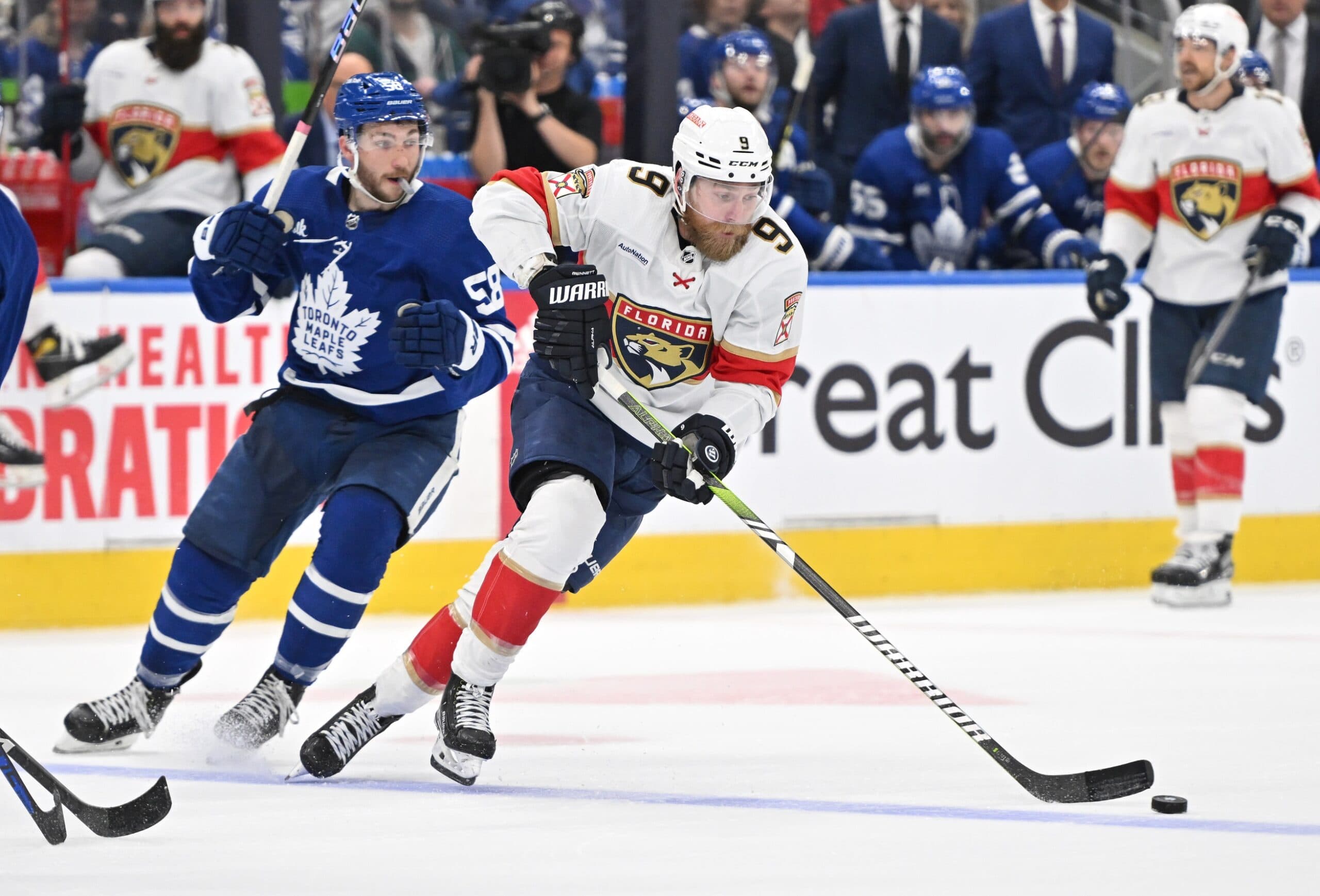The Leafs need to add more guys who can effectively work the NHL’s flawed system
Photo credit: © Dan Hamilton-USA TODAY Sports
May 15, 2023, 08:00 EDT
Breaking News
- Despite the Game 3 OT loss, Jeff Marek thinks the Leafs are fine: Leafs Morning Take
- Leafs aren’t worried about Auston Matthews’ lack of scoring in the playoffs
- Craig Berube indicates Anthony Stolarz is progressing, still not skating
- Joseph Woll ready to move on after first postseason loss since 2023
- Brad Marchand says Panthers expected tough Game 3 vs. Maple Leafs: ‘They’ve got that killer instinct now’
